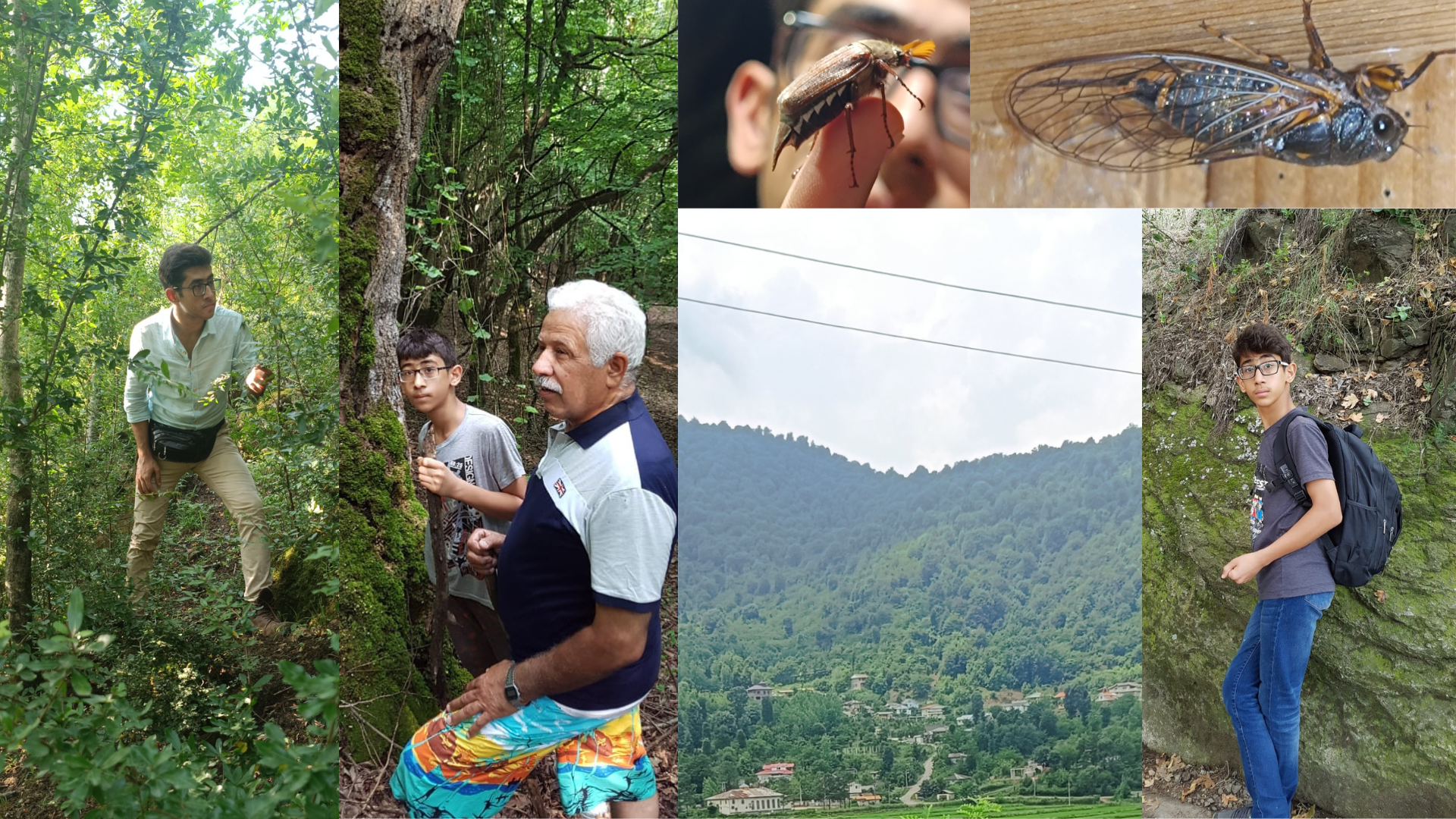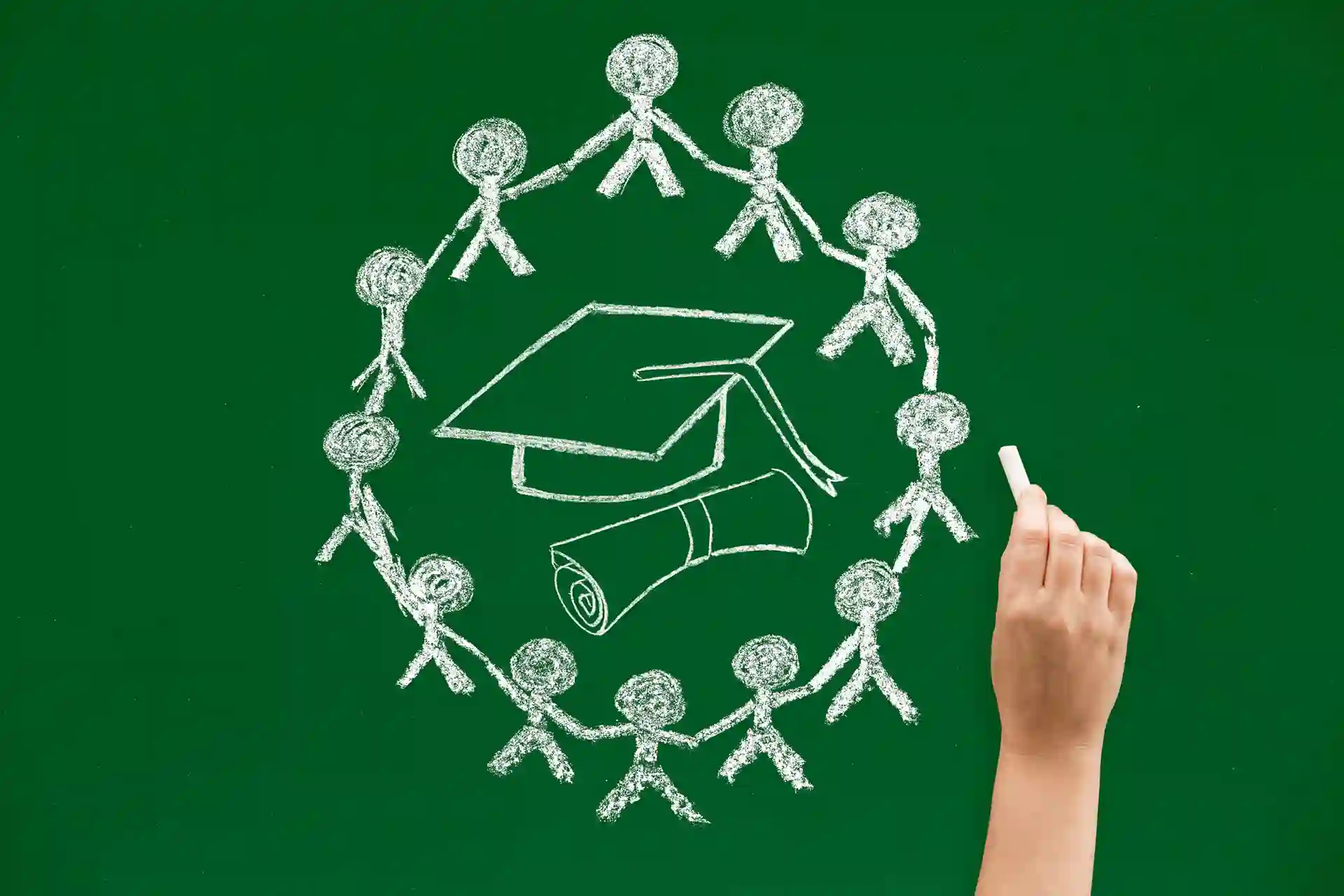Collectively, over the past three months, we have observed one of the biggest revolutionary student-led movements to date, witnessing students reclaiming their agency, creating spaces of solidarity on various educational campuses, and demanding a ceasefire in Gaza, Palestine. In an effort to sensemake what we are witnessing, we have created this case study with the hope that it allows us to collectively learn and find inspiration amidst these turbulent times.
What Is?
Universities have historically been spaces of polarization when injustices occur. Present-day institutional universities often hold the legacies of colonially imposed education, and we see this through the ways they reflect the values and structures of the colonial powers that established them. These institutions were originally designed to serve the interests of colonial regimes, often at the expense of indigenous knowledge systems and local cultures. This colonial legacy is still evident today in many aspects of university life, seen in curricula, governance structures and the under-representation of systematically marginalized voices.
From the beginning, universities served as a crucial tool for the introduction and retention of a white Eurocentered power structure (Siu, Oriel María. "On the colonial legacy of US universities and the transcendence of your resistance." Mujeres Talk, 2015.) However, throughout the history of institutional complicity, students have led revolutionary movements calling out institutions and demanding justice, such as the Soweto Uprising, the Black Lives Matter movement, and the Global Climate Strike. Thus, during this time of historic devastation, solidarity, boycott, and divestment movements have emerged globally on university campuses, led by students who are demanding their universities stop being complicit in and/or aiding the Palestinian genocide.
This current iteration of the student-led Palestinian solidarity movement most recognisably began at Columbia University in New York in April 2024, and spread across the United States, with students protesting and building solidarity encampments on campuses. They are “demanding that they [their universities] divest their investments from all corporations and organizations that support or benefit from this genocide and apartheid. And this is a drop in the bucket of global investment and imperialism and militarism.” (Rachel, a PhD student at Columbia University in New York, cited The Socialist Worker, 2024)
In addition to the divestment and calls for action and solidarity, students are also demanding the boycott of complicit Israeli academic institutions. The call for an academic boycott is important, and we also feel it is crucial to differentiate between institutions and those who fall under the association of those institutions. Recognizing that we all are tied to systems and institutions because they are designed to pervade our society is essential. These oppressive institutions are structured to support and sustain each other, creating a web of dependency and influence that affects every aspect of our lives. This means it is nearly impossible to exist outside of their influence. Understanding this complex web helps us see how deeply embedded we are in these structures, and how sensemaking, imagining, and collective action can help us heal them whilst we midwife new and ancient ways of being. In understanding and separating institutions and those who merely fall under their association, we feel it is important to have critical conversations across spaces such as academics, outside the association of complicit institutions, to engage in meaningful sensemaking and collective action rooted in liberation.
This movement now has global roots, with students, at over 180 schools, demanding justice in countries all over the world.
How We Have Witnessed the Weaving in This Movement
Intergenerationality and Interconnectedness
As it is led and woven by young people around the world, and supported by adult stakeholders, this movement has emphasized our the power of intergenerational convening, moving us to see that our personal liberation is reliant on our collective liberation and to think beyond systemic narratives of separation to see our interconnectedness and interdependence.
Glocality
The current form of this movement started locally within the United States but, through solidarity, has organically grown and continues to grow across the globe. Through its roots globally, with students leading action at universities all over the world, we see the glocal nature of this movement, witnessing how it remains globally connected while retaining agency within local and unique contexts.
Coalition Building
Universities are spaces of multiple disciplines and groups, which often exist in silos, with limited space to exist relationally. However, solidarity movements such as this one are made powerful through interdisciplinary action fueled by coalitions.
Systemic Push-back and Institutional Responses
Like most significant movements, this one has faced considerable resistance. In the United States alone, over 2,000 students have been arrested, according to tallies taken by the Associated Press in May of 2024. It is important to note that in some cases these arrests do not necessarily reflect the stance of the universities themselves, but rather are closely tied to national and political dispositions. This systemic push-back, indicative of the broader challenges the movement is advocating against, highlights how social and political systems strive to maintain the harmful status quo.
In response to the growing pressure, some universities have started to take tentative steps towards meeting student demands. A few institutions have initiated reviews of their investment portfolios, agreeing to disclose their investments, while others have created committees to address issues related to diversity and inclusion. However, in relation to the broader struggle for a free and liberated Palestine, these measures are often seen as insufficient or performative by students, who continue to push for more substantial change.
The Significance
One crucial factor that makes the student-led Palestinian solidarity movement so meaningful is that they continuously center the voices of Palestinians, echoing their demands: “Divestment from complicit companies and the academic boycott of Israel and all its complicit institutions.” (Palestinian BDS National Committee, 2024) This alignment ensures that the movement remains grounded in the realities and needs of those most affected.
One aspect of the multiplicity of ways in which Palestinian people are being systematically erased, which we want to name as we talk about this student-led movement, is ‘scholasticide’, a term coined by Palestinian professor Karma Nabulsi. Scholasticide describes the systematic destruction of Palestinian education within the context of Israel's decades-long settler colonization and occupation of Palestine (Chandni Desai, The Conversation, 2024.) The world is witnessing the loss of Palestinian wisdom, wisdom keepers, and learners, and students worldwide are at the forefront of uplifting the voices of their Palestinian kin, demanding that their own spaces of learning and knowledge don't stand complicit in the destruction of others.
In a time where we, as individuals witnessing the atrocities happening globally, can feel helplessly hopeless, this student-led solidarity movement has shown us that collectively we hold immense power to enact change rooted in liberation for all. Furthermore, we are able to see the power of young people reclaiming their agency, resisting injustice, and holding institutions accountable when many in power fail to do so.
When the institutions that shape and mold us are aiding in catastrophic acts against humanity and the more-than-human world, we need to take a step back and question this perpetual cycle of injustice. This is the heartbeat of this collective moment in history.
.jpeg)





Comments